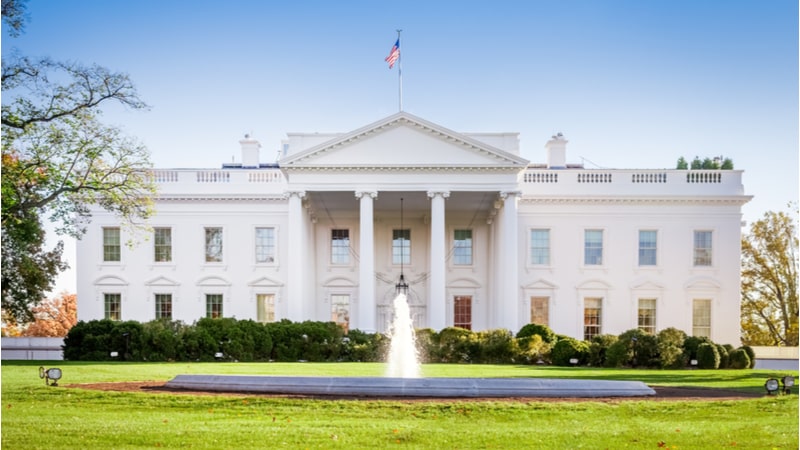
The Biden-Harris administration announced sweeping new efforts today that aim to advance the research, development, and deployment of responsible AI – with a focus on protecting Americans’ rights and safety in the age of AI.
With the rapid advancement and increasing use of AI technologies, today’s efforts intend to manage the potential risks that AI systems can present. By investing in responsible research and development (R&D), the administration hopes to effectively and safely seize the opportunities that AI presents.
The first effort announced today is a new National AI R&D Strategic Plan – updated for the first time since 2019 – from the White House’s Office of Science and Technology Policy (OSTP). The roadmap outlines key priorities and goals for Federal investments in AI R&D.
“Developed by experts across the Federal government and with public input, this plan makes clear that when it comes to AI, the Federal government will invest in R&D that promotes responsible American innovation, serves the public good, protects people’s rights and safety, and upholds democratic values,” the White House said of the roadmap. “It will help ensure continued U.S. leadership in the development and use of trustworthy AI systems.”
The second action coming from OSTP is a request for information (RFI) that will help inform a National Artificial Intelligence (AI) Strategy. The RFI says the strategy will “chart a path for the United States to harness the benefits and mitigate the risks of AI.”
OSTP is looking for public comments by July 7 to help update U.S. national priorities on future AI actions.
The third and final action that the White House announced is a new report released by the Department of Education’s Office of Educational Technology today on the risks and opportunities related to AI in education.
The report, titled “Artificial Intelligence (AI) and the Future of Teaching and Learning: Insights and Recommendations,” summarizes AI risks and opportunities as they relate to teaching, learning, research, and assessment.
“The report recognizes that AI can enable new forms of interaction between educators and students, help educators address variability in learning, increase feedback loops, and support educators,” the White House said in a fact sheet. “It also underscores the risks associated with AI – including algorithmic bias – and the importance of trust, safety, and appropriate guardrails.”
In addition to these three announcements, the White House is also hosting a listening session with workers today on employers’ use of AI for surveillance and evaluation.
The listening session comes after OSTP released an RFI earlier this month focused on how private firms are using AI to keep a watchful eye on their employees. Through that RFI, OSTP wants to better understand companies’ use of automated surveillance to manage workers – including its prevalence, purposes, deployment, and impacts.
